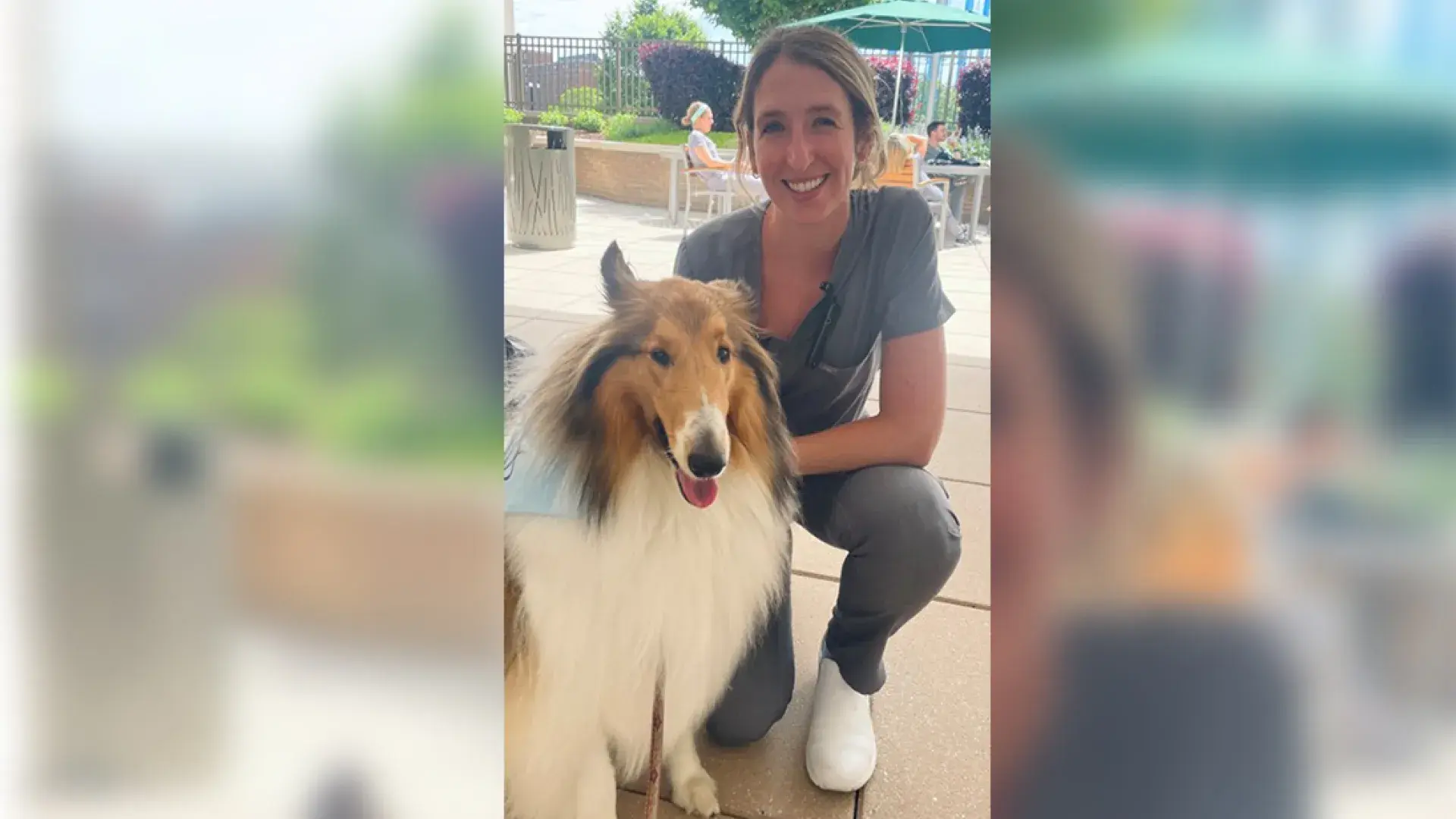
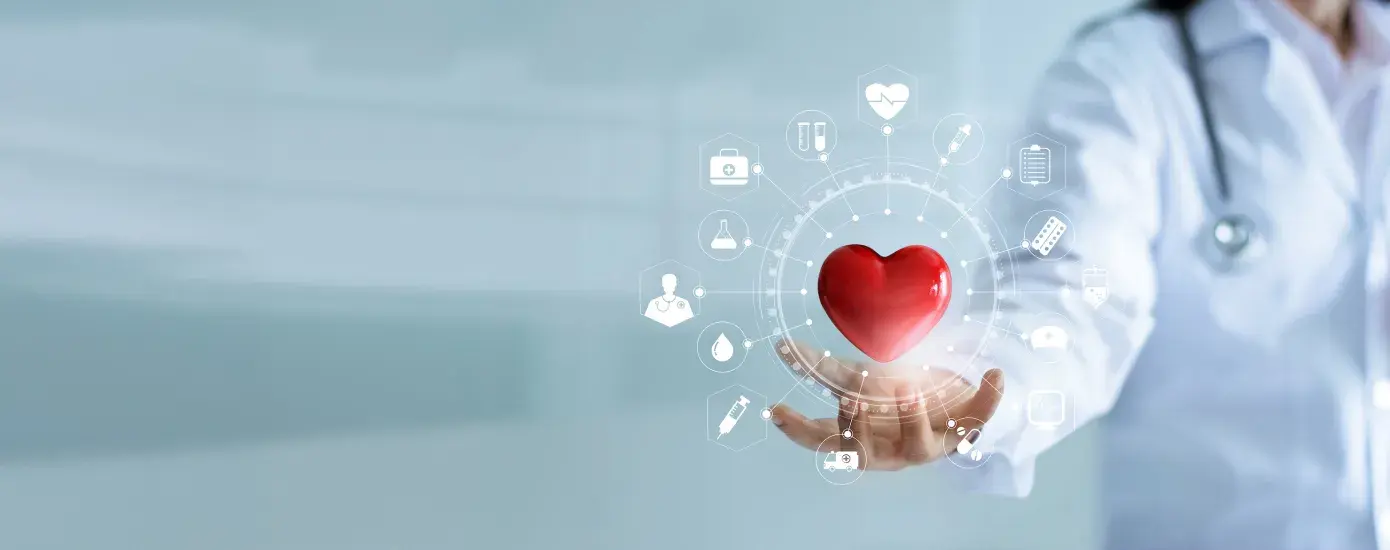
Alumni Discuss Cardiology in Their Careers
These Alumni Are All Heart
February is known internationally as Heart Month. There are many campaigns throughout the month and across the globe that bring attention to the importance of cardiovascular health. Here in the United States, "Empowering Healthy Hearts" was chosen as the theme for 2025. To recognize Heart Month at the IHP, we've highlighted some of our alumni who are "Empowering Healthy Hearts" every day through education, treatment, and research. Take some time to read their stories of why cardiology is their chosen area of focus and how interprofessional collaborations and specific approaches to care have supported the patients they serve.
Chelsea Pappas, MS-GC ’22
Current Employer: Yale University School of Medicine
Location of employer (City/State): New Haven, CT
Title(s): Genetic Counselor; Research Coordinator
What is one key aspect of your discipline that would be helpful for other clinicians/educators/researchers to know when it comes to caring for patients with cardiac diagnoses?
Inherited cardiac conditions may involve significant psychosocial challenges for patients and their families. Integrating mental health professionals within the cardiac clinic, or offering referrals to them, is crucial for supporting the overall wellbeing of this patient population.
Why did you choose cardiology as your area of practice? Or, if cardiology found you, what excites you most about working with this patient population?
I was drawn to cardiology due to my own family’s history of an inherited cardiac condition and my interest in working in a smaller specialty within genetic counseling. These two aspects have made a position in cardiology appealing and fulfilling in multiple ways.
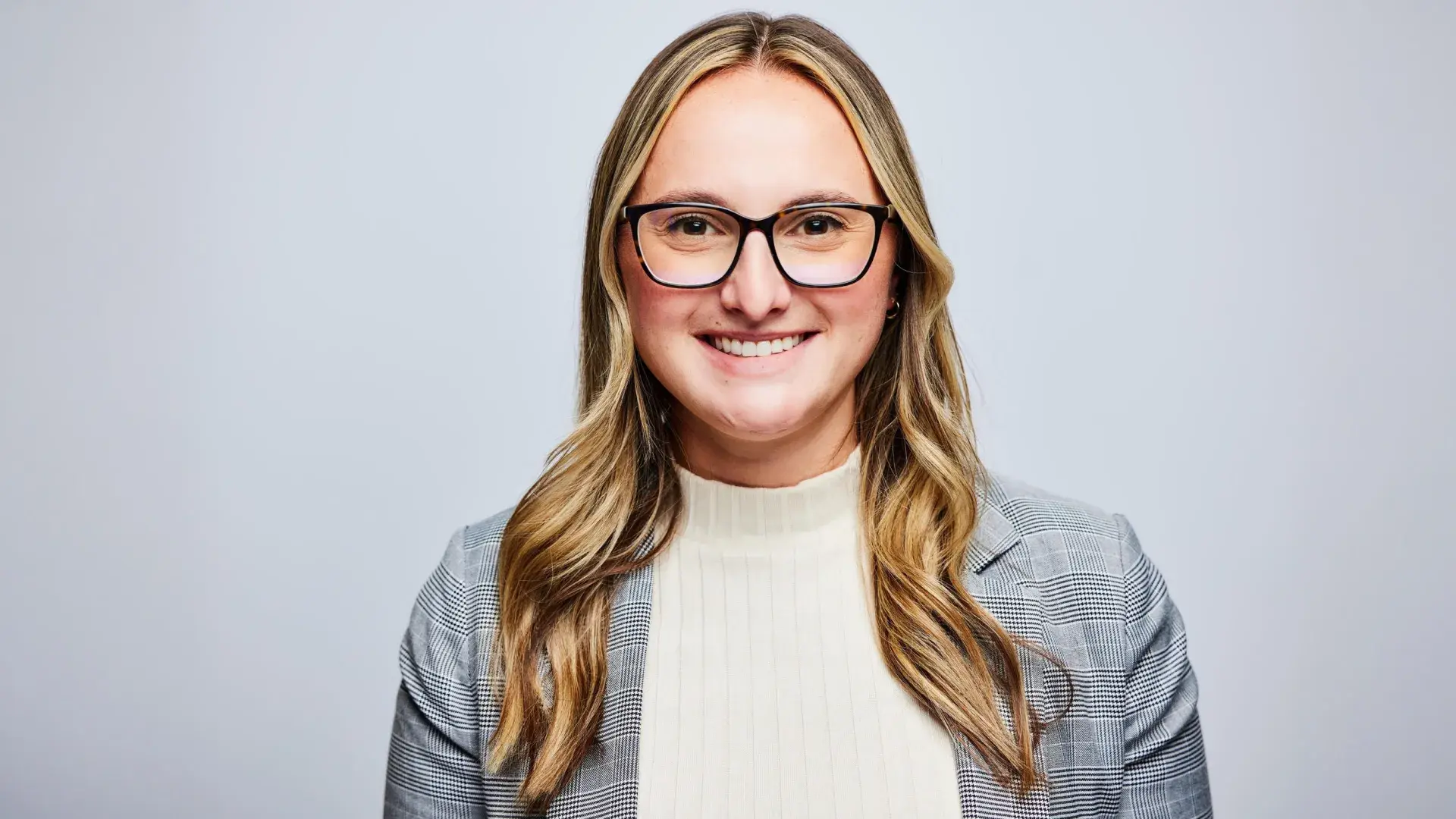
Emma Sullivan, MPAS ’20
Current Employer: Brigham and Women’s Hospital
Location of employer (City/State): Boston, MA
Title: Cardiac Surgery Physician Assistant
Why did you choose cardiology as your area of practice? Or, if cardiology found you, what excites you most about working with this patient population?
Heart disease is a leading cause of death and working in cardiac surgery offers the opportunity to have a direct impact on life-saving outcomes. The field is dynamic with diverse conditions and long-term patient relationships. It’s rewarding because cardiac surgery allows you to make a real difference in a patients’ life.
What is one interprofessional collaboration or approach that has significantly impacted the care of patients with cardiac diagnoses in your experience?
Collaboration with physical therapy is crucial for patients recovering from heart surgery. Physical therapist help develop customized exercise programs that help improve cardiovascular endurance and strength after recovering from surgery. This teamwork not only aids in recovery but also reduces risk of future heart events, helping improve patients’ quality of life.
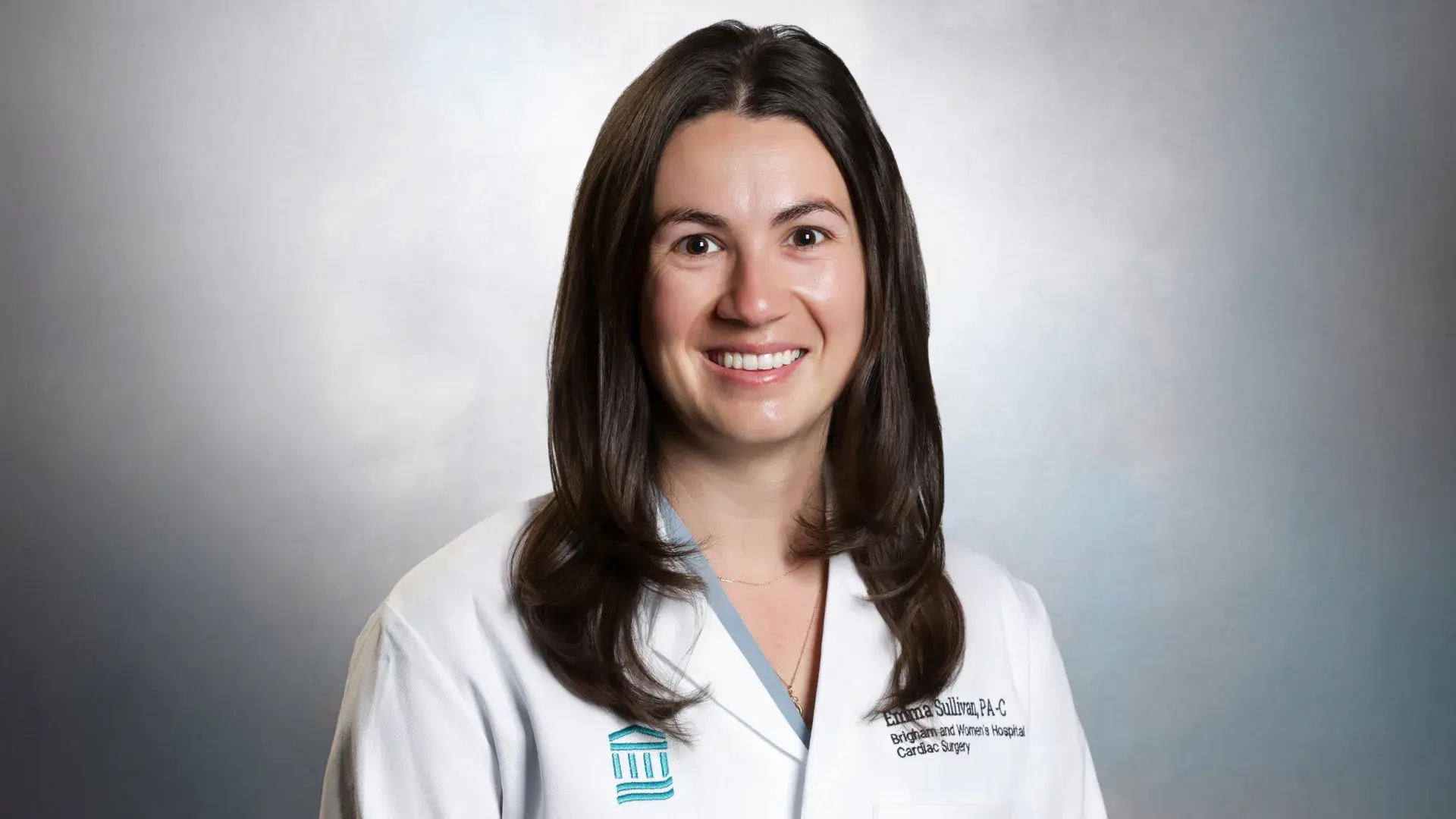
Mariyan Montaque, DNP ’16, MS-NU ’15, NU Cert. ’16
Current Employer: Heywood Hospital
Location of employer (City/State): Gardner, MA
Title(s): Cardiology NP; Chair of APP Advisory Committee
Why did you choose cardiology as your area of practice? Or, if cardiology found you, what excites you most about working with this patient population?
Cardiology found me, and I am so grateful. I have experience doing full-spectrum primary care, and during that experience I was asked to join the cardiology practice. Cardiology has been amazing. I have learned so much while continuing to be able to do what I am most passionate about, and that is prevention.
What is one key aspect of your discipline that would be helpful for other clinicians/educators/researchers to know when it comes to caring for patients with cardiac diagnoses?
It might sound clichéd but when dealing with matters of the heart it is so vital to not work in a silo. I have found when seeing a patient who is facing a new diagnosis it is important to get all members of the care team involved. The care team also involves your support staff; when everyone has a seat at the table, you will find patients have the best outcomes. I have empowered my medical assistants and nurses to feel a part of the team, as they are just as valuable as the PCP, the social worker, and physical therapist. You will find in cardiology that you work alongside multiple disciplines as well as subspecialties in cardiology. It takes a village when it comes to matters of the heart.
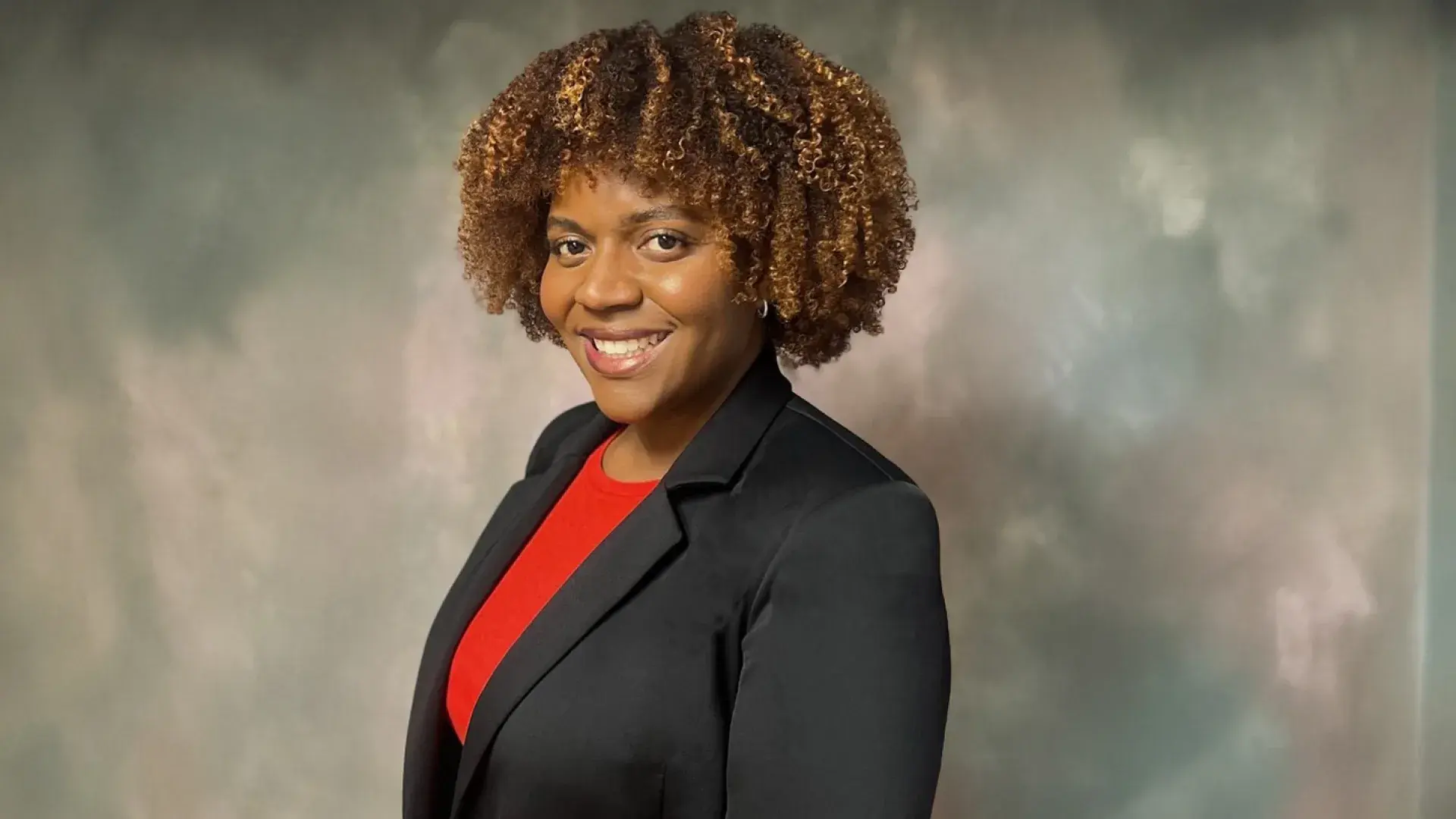
Nashifa Hooda Momin, MS-SLP ’13, SLPD ’24
Current Employer: Children’s Healthcare of Atlanta at Arthur M. Blank Hospital
Location of employer (City/State): Atlanta, GA
Title(s): Speech-Language Pathologist/Clinical Specialist; Allied Health Scientist
Why did you choose cardiology as your area of practice? Or, if cardiology found you, what excites you most about working with this patient population?
Cardiology found me, and I quickly realized how much I loved the complexity, interdisciplinary collaboration, and the opportunity to work closely with both medical teams and caregivers. Working in a Pediatric Cardiac ICU, I thrive in a fast-paced environment where every decision requires critical thinking and a deep understanding of how multiple systems interact. The dynamic nature of caring for infants with congenital heart disease (CHD) means that no two patients are the same, and I am constantly learning and adapting to new challenges. I find it incredibly rewarding to collaborate with a diverse team to develop individualized care plans that not only support medical stability but also promote oral feeding with the goal of improving neurodevelopmental outcomes. Most of all, I love working alongside caregivers; helping them navigate the feeding journey, building their confidence, and ensuring they feel empowered in their child’s care.
What is one key aspect of your discipline that would be helpful for other clinicians/educators/researchers to know when it comes to caring for patients with cardiac diagnoses?
One key aspect of my discipline that is essential for other clinicians, educators, and researchers to understand when caring for patients with cardiac diagnoses is the critical focus on neurodevelopment in infants with CHD. Historically, neurodevelopment has been an overlooked aspect of care, with the primary focus placed on cardiac function and surgical outcomes. However, emerging research has shown just how important neurodevelopmental monitoring and intervention are for these infants, as they are at high risk for delays due to factors such as in-utero circulatory changes, perioperative risks, prolonged hospitalizations, and the complex interplay between medical stability and developmental progression.
Feeding plays a significant role in supporting both brain growth and overall neurodevelopment, yet it is often treated as an isolated challenge rather than part of a larger developmental picture. By recognizing the importance of early neurodevelopmental interventions, we can optimize long-term outcomes and improve the quality of life for these children. With this passion of mine, I am now a member of the Cardiac Neurodevelopmental Outcome Collaborative (CNOC), with the goal of working with other interprofessional providers to advance research to enhance neurodevelopmental outcomes for children with CHD.
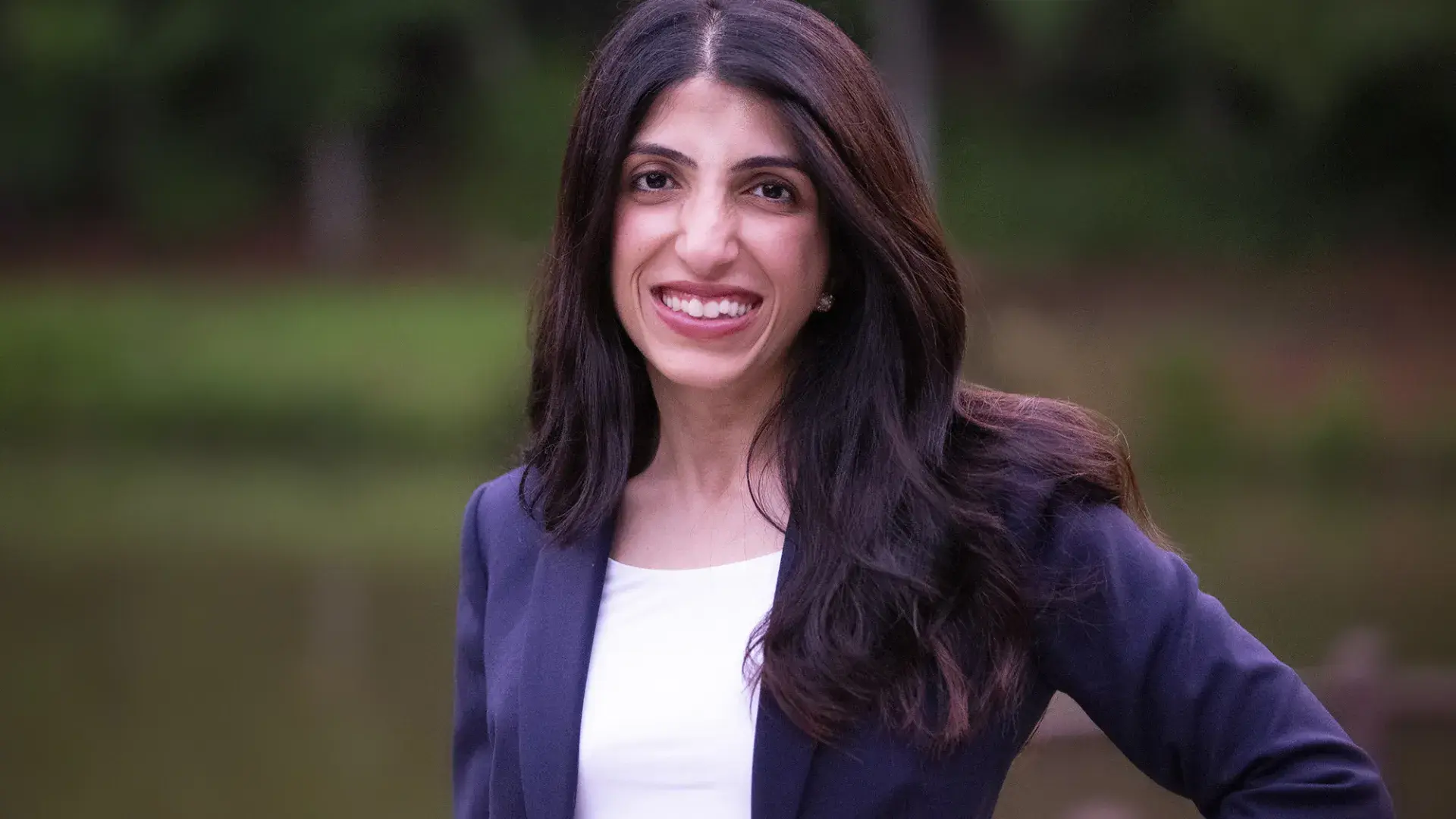
Rebecca Pham, DPT ’17
Current Employer: MGH Institute of Health Professions (MGH IHP) and Brigham & Women’s Hospital (BWH)
Location of employer (City/State): Boston, MA
Title(s): Instructor, Department of Physical Therapy, MGH IHP; Per Diem PT, Inpatient Rehabilitation Services Department BWH
Why did you choose cardiology as your area of practice? Or, if cardiology found you, what excites you most about working with this patient population?
Although my cardiovascular and pulmonary course was one of my toughest courses in PT school (and lowest performance areas), I ended up falling in love with cardiology in my early practice as an acute care clinician. I was primarily drawn to the cardiac ICU and the complexity of the diagnoses and presence of multiple invasive lines/drains and life support machines that challenged my thinking and problem-solving skills to creatively and safely mobilize critically ill patients. This environment not only allowed me to hone my understanding of cardiac physiology and increase my exposure to cardiac diagnoses, but also provided me with the opportunity to support patients in a vulnerable and often scary environment. Therapy often provided an avenue for patients to regain a sense of agency and purpose, and while not all patients experience clinical improvements, providing patients with the opportunity to engage in meaningful movement and activities was always rewarding.
What is one key aspect of your discipline that would be helpful for other clinicians/educators/researchers to know when it comes to caring for patients with cardiac diagnoses?
Cardiac PTs are experts in exercise prescription and dosing, with a strong emphasis on individualized treatment plans that consider the full scope of a patient’s medical history, current status, and personal goals. We ensure that interventions are tailored, evidence-based, and appropriate for each patient's unique needs. Many individuals with cardiac diagnoses experience fear and hesitation around movement following a cardiac event. As key members of the care team, cardiac PTs play a crucial role in guiding patients through this transition — helping them rebuild confidence, safely return to movement and daily activities, and regain trust in their bodies. Our approach is never one-size-fits-all; we prioritize patient-centered care to optimize both recovery and quality of life.
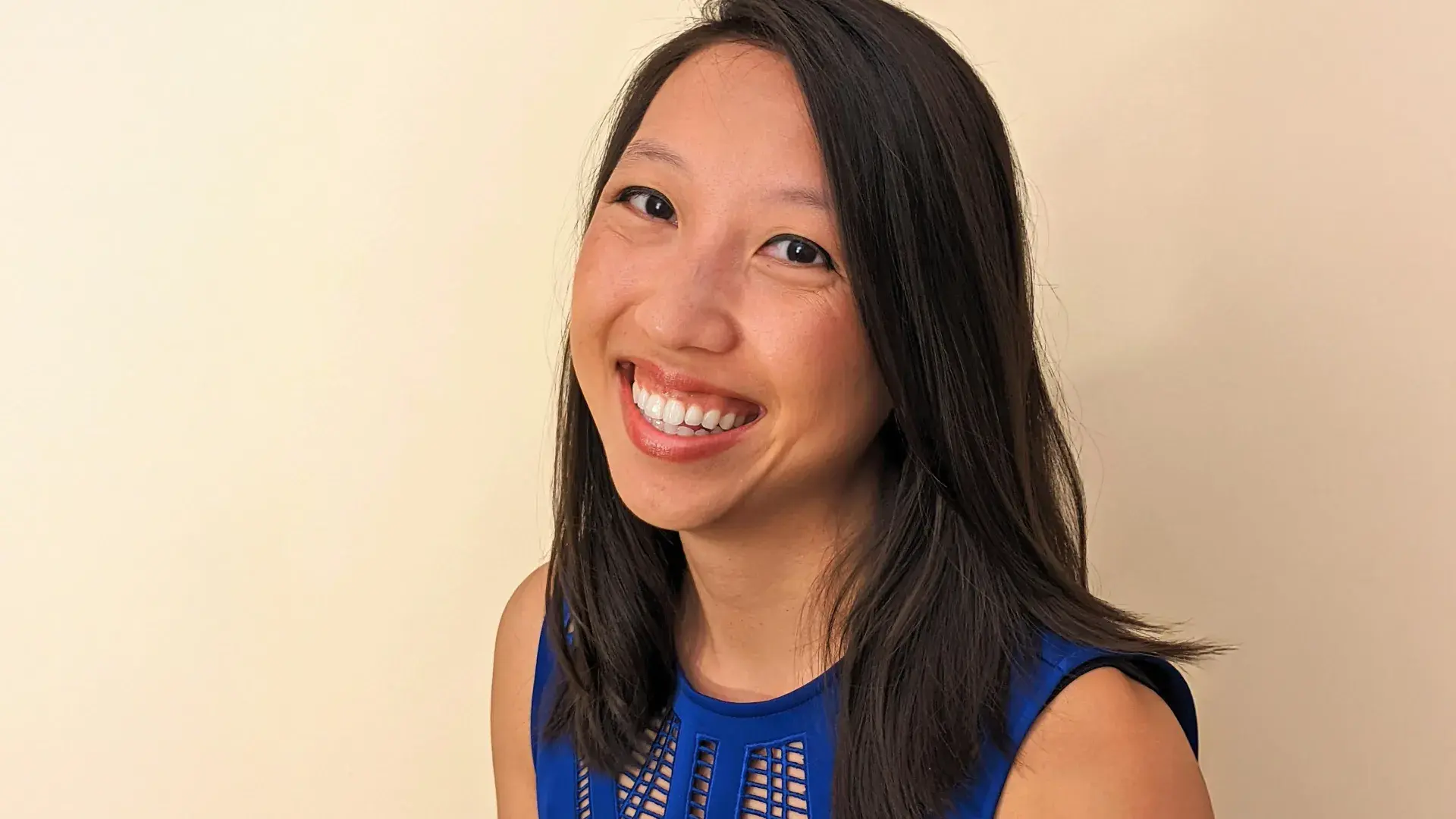
Sarah Hillegass, OTD ’22
Current Employer: UNC Health
Location of employer (City/State): Chapel Hill, NC
Title: Acute Care Occupational Therapist
Why did you choose cardiology as your area of practice? Or, if cardiology found you, what excites you most about working with this patient population?
Cardiology found me! When I was a student at the IHP my first Level II fieldwork placement was in a cardiac ICU. I loved the medical complexity, learning about advanced hemodynamic monitoring and working closely with longer-term transplant (heart and lung) and LVAD patients. This initial experience inspired me to pursue working with cardiac patients.
What is one interprofessional collaboration or approach that has significantly impacted the care of patients with cardiac diagnoses in your experience?
I regularly work with patients with advanced heart failure, who receive Left Ventricular Assist Devices (LVADs). I collaborate very closely with the LVAD coordinators, who generally come from nursing backgrounds. Over the last few years our cardiac OT team has collaborated with the LVAD coordinators to expand patient education and programming for our LVAD patients both pre- and post-LVAD implantation to ensure they are prepared to safely manage their LVAD while participating in activities of daily living (ADLs). For example, our teams worked together to expand the shower training program to ensure every patient with a new LVAD can safely shower while managing their equipment before they discharge home. This has been a joint effort aimed to help increase confidence and performance in this ADL task, to improve overall safety and reduce driveline infection risk.
